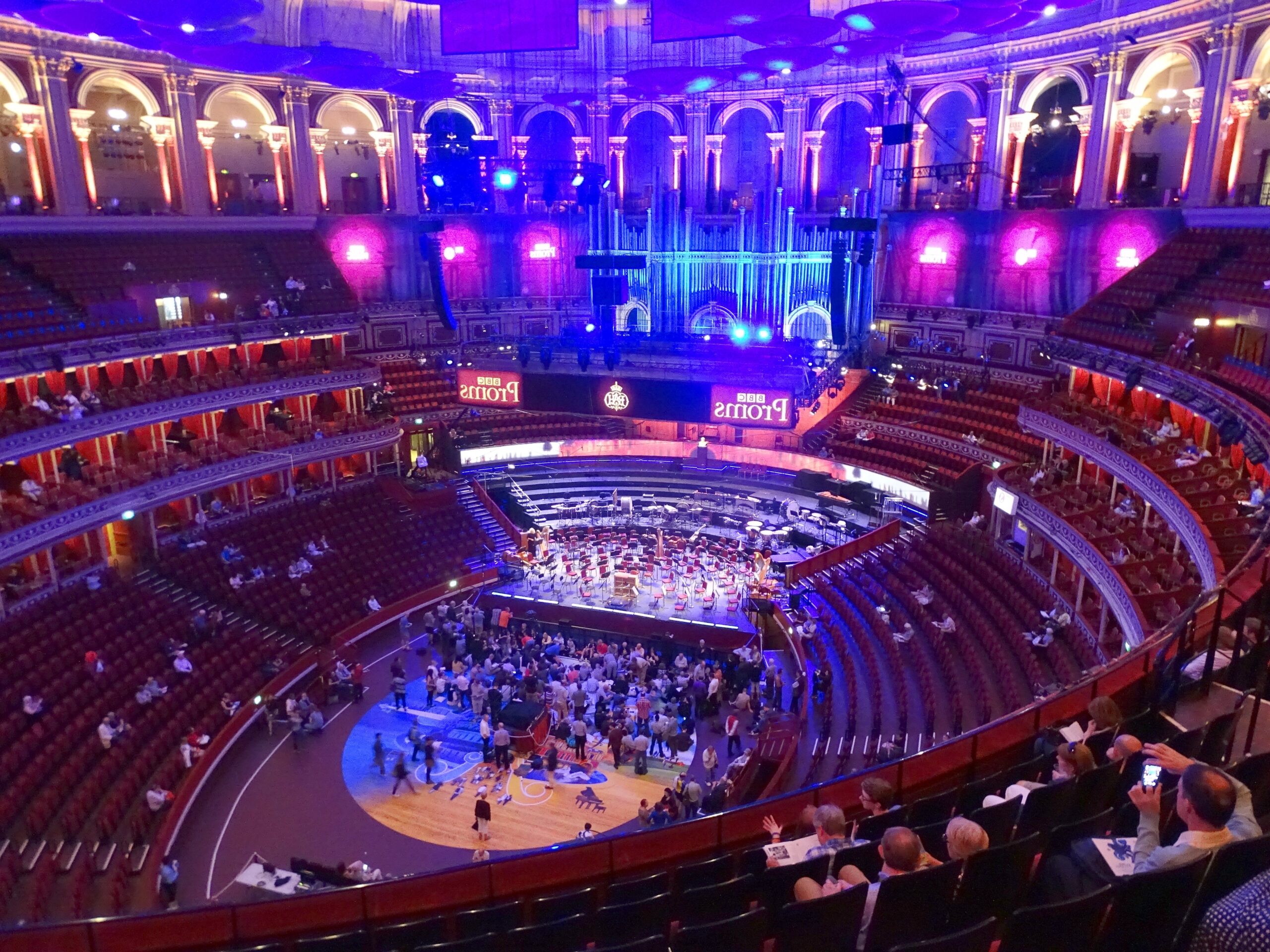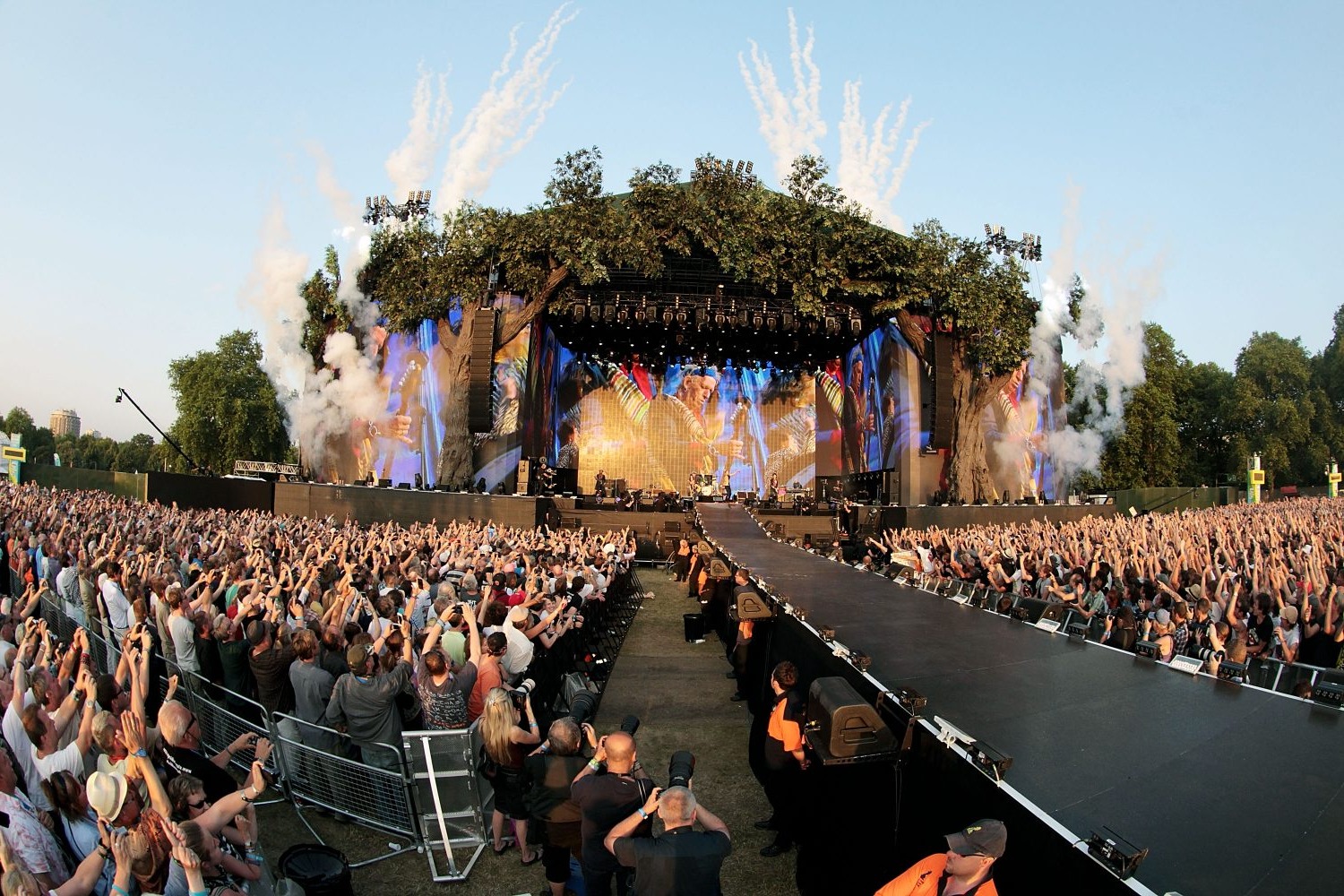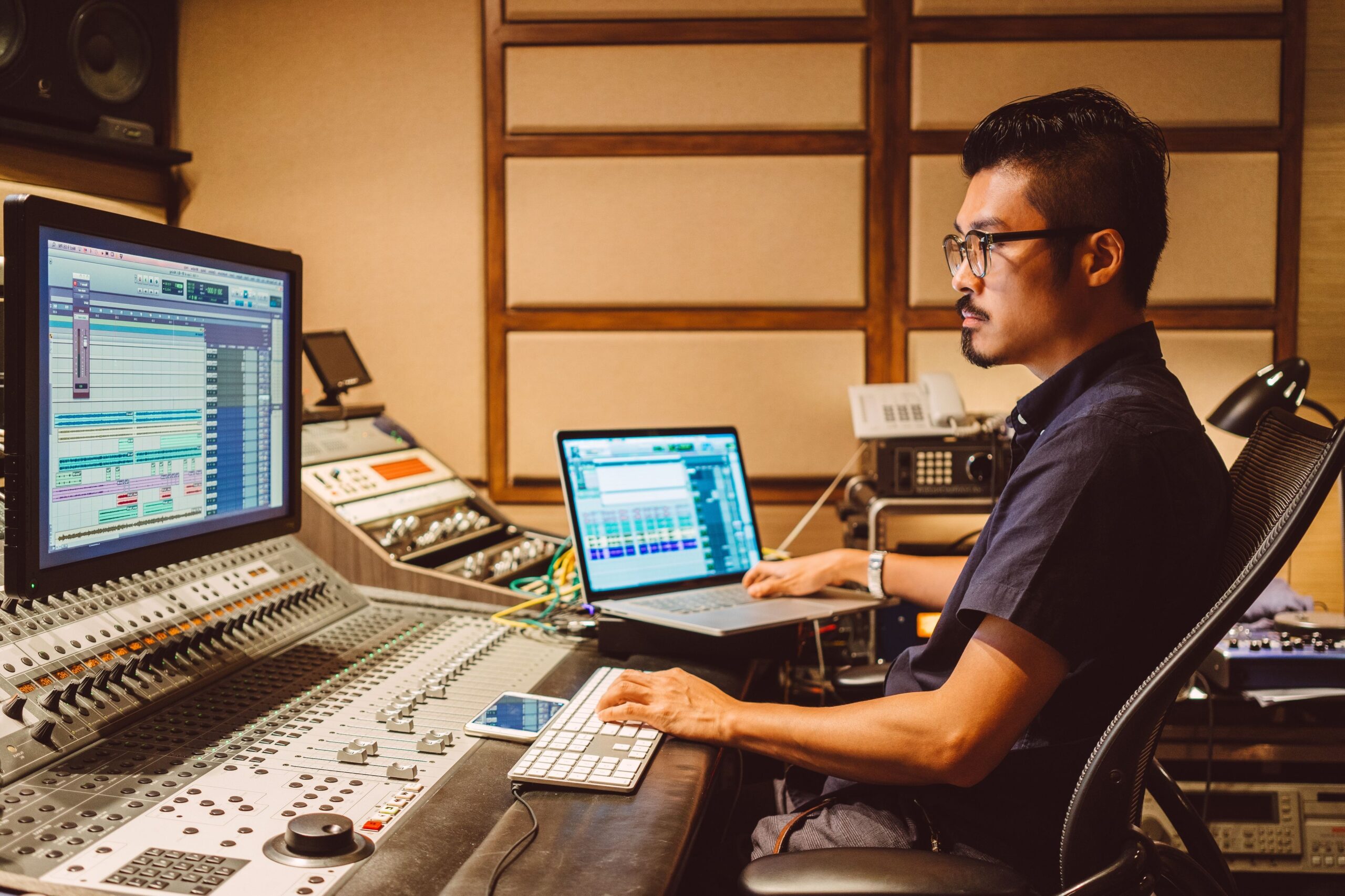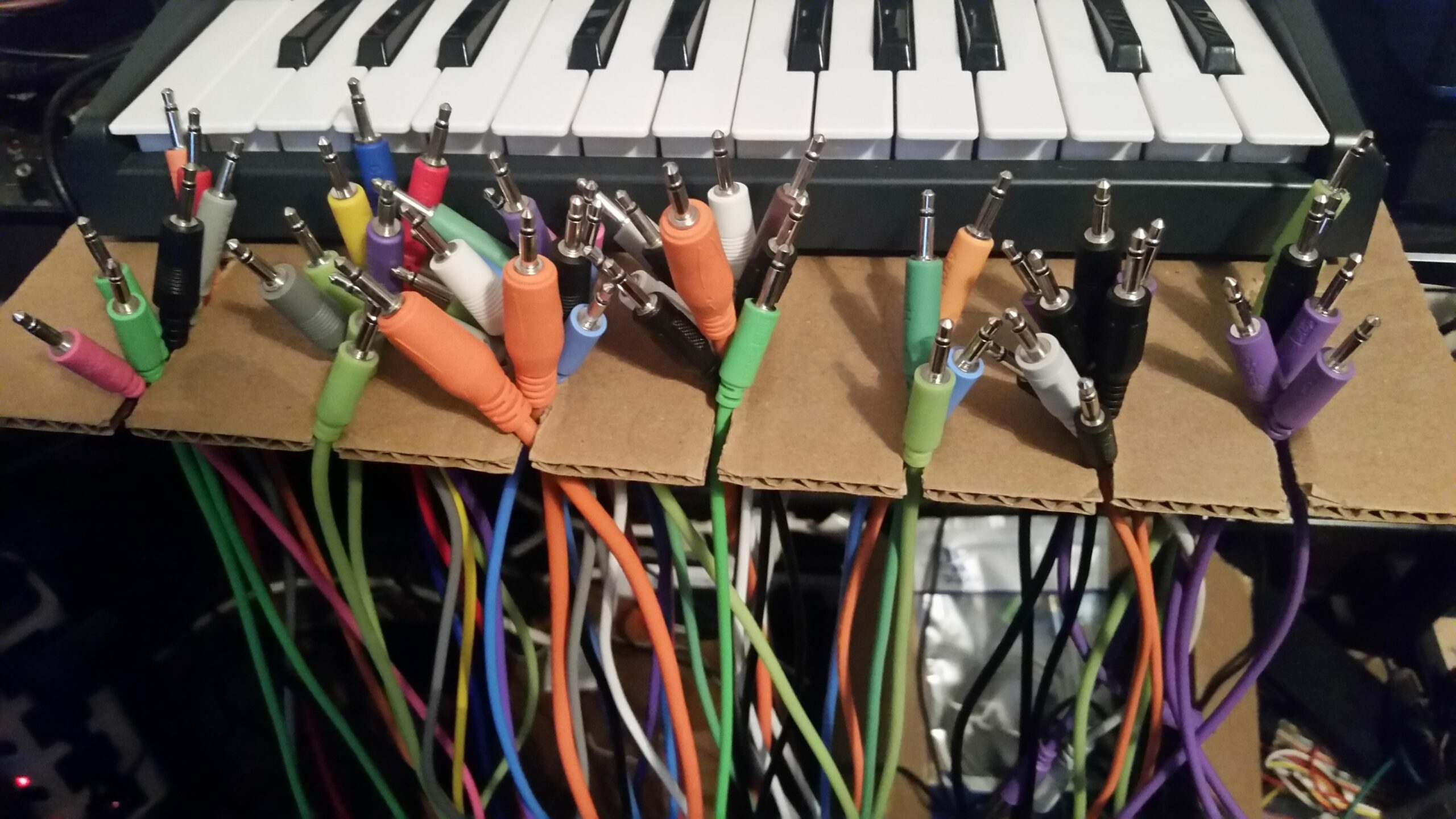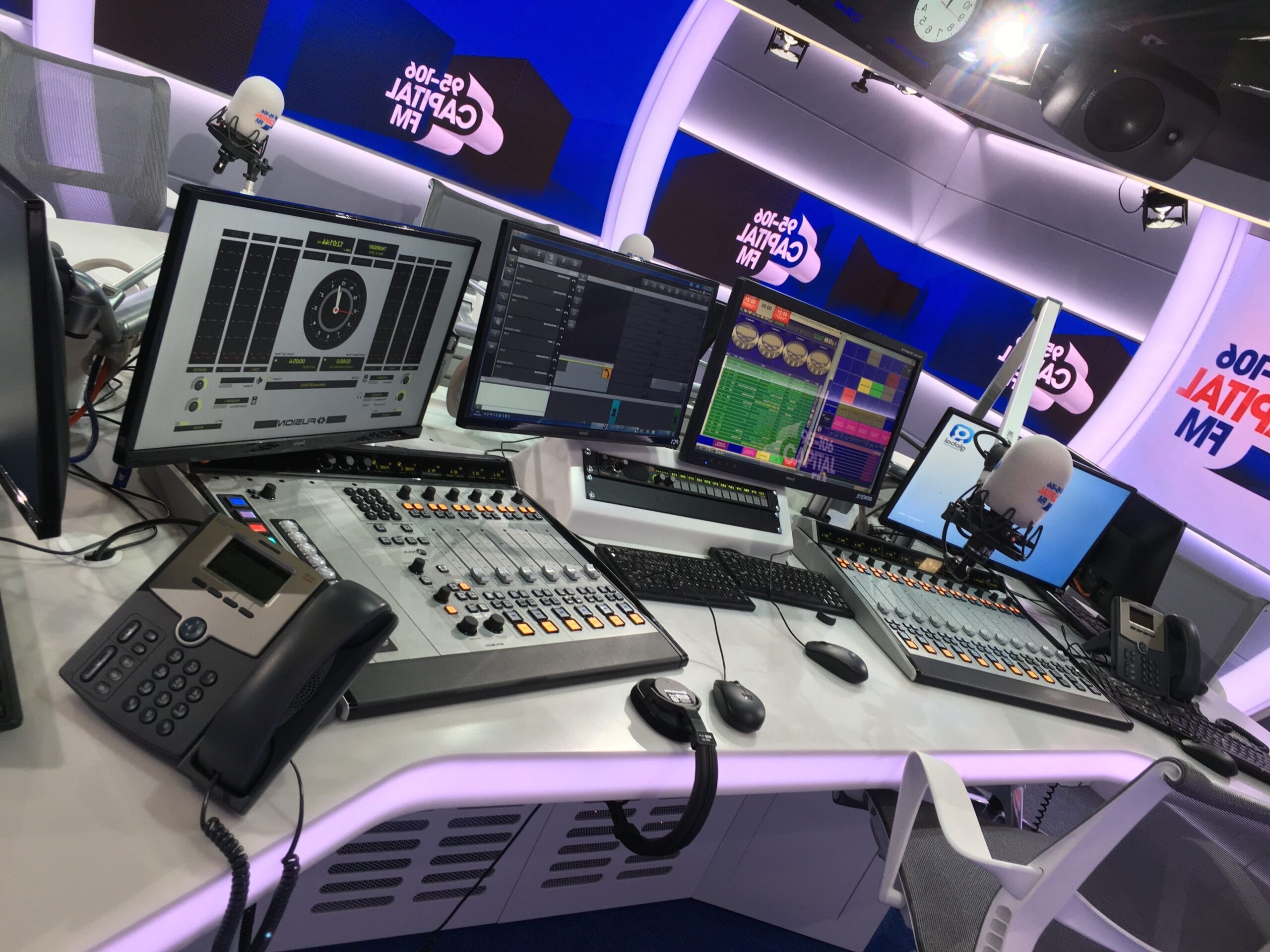BeatBrdg: Internship / Industry Sectors
BeatBrdg Resources






The music industry consists of four main sectors that are all interlinked. Understanding what each sector does, and the part it plays in the industry overall is vital in being able to determine where you might fit into the industry, and the career path that you want to explore further.
To help you find the best internship sector for you, we have put together a comprehensive set of resources that explain what each sector does, and provide valuable insight into the various jobs, experiences, and motivations to help you discover exactly what it is like to work, live and breathe the music industry.
Live Music
The live music sector of the music industry encompasses all live performances of music, including concerts, festivals, tours, and other live events. This sector is a significant contributor to the music industry’s revenue and plays a crucial role in promoting and selling music.
As the commercial dynamics of the music industry have changed, more and more artists have focused on becoming ‘touring artists’, generating significant amounts of their income from touring and playing gigs (for example, Taylor Swift’s 2023 tour is forecast to gross over $1.4 billion).
Live music events are organised by event promoters, who work with artists, venues, and ticketing companies to coordinate the logistics of the event. Venues can range from small clubs to large stadiums, and the size of the venue often depends on the popularity of the artist and the expected attendance.
In spite of the growth of streaming and online music distribution, the live music sector remains a vital part of the music industry, providing fans with a unique and unforgettable experience and generating significant revenue for artists, promoters, venues, and the wider music industry
Want to find out more about interning in this sector? Learn more below, or click the button above to apply now.
Recording & Distribution
The recording and distribution sector of the music industry is responsible for creating, producing, and distributing recorded music to consumers, and includes record labels, music publishers, distribution companies, streaming services, studios, and various other entities involved in the creation, marketing, and delivery of music to the public.
Recording companies (record labels) play a central role in the recording and distribution of music. They are responsible for finding and signing talented artists, overseeing the recording process (via studios and producers), and marketing and promoting the resulting recordings to the public.
Music publishers are equally as important, working with songwriters and composers to promote and monetise their music through licensing deals, royalty payments, and other means. Next to publishers, distribution companies play a key role in the physical distribution of recorded music, including CDs, vinyl records, and other formats. Working with labels and other content owners they manufacture and distribute physical and digital copies of music to retailers and other outlets.
Streaming services have become an increasingly important part of the music industry in recent years. These services offer consumers access to vast libraries of music through subscription or ad-supported models. Streaming services work with record labels and other content owners to license music for use on their platforms, and then use complex algorithms to recommend music to listeners based on their listening history and preferences.
The recording and distribution sector of the music industry is highly competitive, with numerous companies vying for market share and consumers’ attention. Success in this sector requires a deep understanding of consumer behaviour and preferences, as well as the ability to adapt to changing market conditions and technological innovations.
Does this sound like the sector you want to intern in? Learn more below, or click the button above to apply now.
Media, PR, & Communications
The communications and media sector of the music industry encompasses the promotion, marketing, and distribution of music through various channels. This sector includes radio stations, music magazines, online music blogs, public relations firms, and social media platforms.
Radio stations play a significant role in promoting and playing music on-air. Music programming directors curate playlists, select new music, and organise live performances and interviews with artists, while music magazines and blogs provide news, reviews, and features on artists and their music.
Public relations firms work to create and maintain a positive public image for artists, labels, and their music, coordinating press releases, media interviews, and other promotional activities to increase the visibility and popularity of music.
Social media platforms have become increasingly important in the music industry in the past decade, allowing artists and labels to connect directly with fans, share music, and promote events. Platforms such as Instagram, Twitter, and TikTok provide opportunities for artists to gain a wider following and engage with their audience.
The communications and media sector of the music industry plays a crucial role in promoting and distributing music through various channels, creating a vast network of communication and interaction between artists, labels, and fans.
Does this sound like the sector for you? Learn more below, or click the button above to apply now.
Licensing
The licensing sector of the music industry is responsible for managing the legal rights to use copyrighted music. This involves granting licenses to individuals, organisations, or businesses that wish to use music for various purposes, such as playing music in a public space, using music in a film or television show, or creating cover versions of existing songs.
There are different types of licenses available depending on the intended use of the music. For example, a synchronisation license is required for the use of music in film or television, while a performance license is needed for playing music in a public space. Music licensing can be a complex process that involves negotiating the terms of the license and ensuring that all necessary permissions are obtained from the copyright owners.
Music licensing is an important source of revenue for musicians, composers, and publishers, as they are paid royalties for the use of their music. Licensing fees can vary depending on the popularity and commercial value of the music, as well as the scope of the license. The licensing sector is constantly evolving, and with the rise of digital platforms and the increasing globalisation of the music industry, ongoing adaptation to new technologies and business models is now at the forefront.
Does this sound like the sector you want to intern in? Learn more below, or click the button at the top of the page to apply now.


